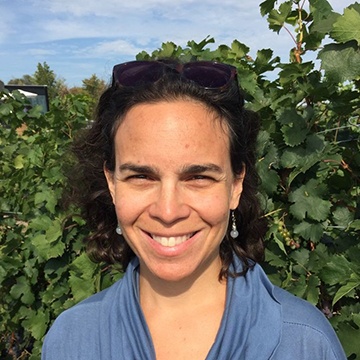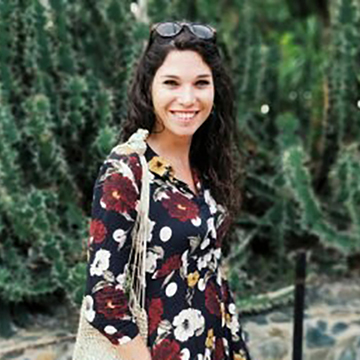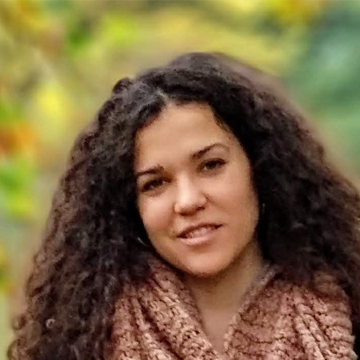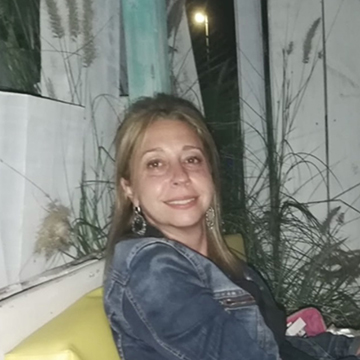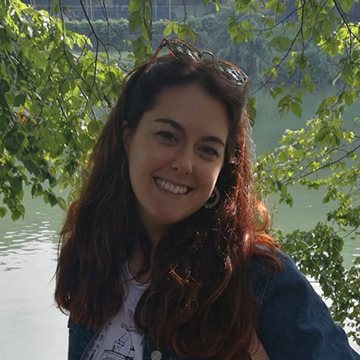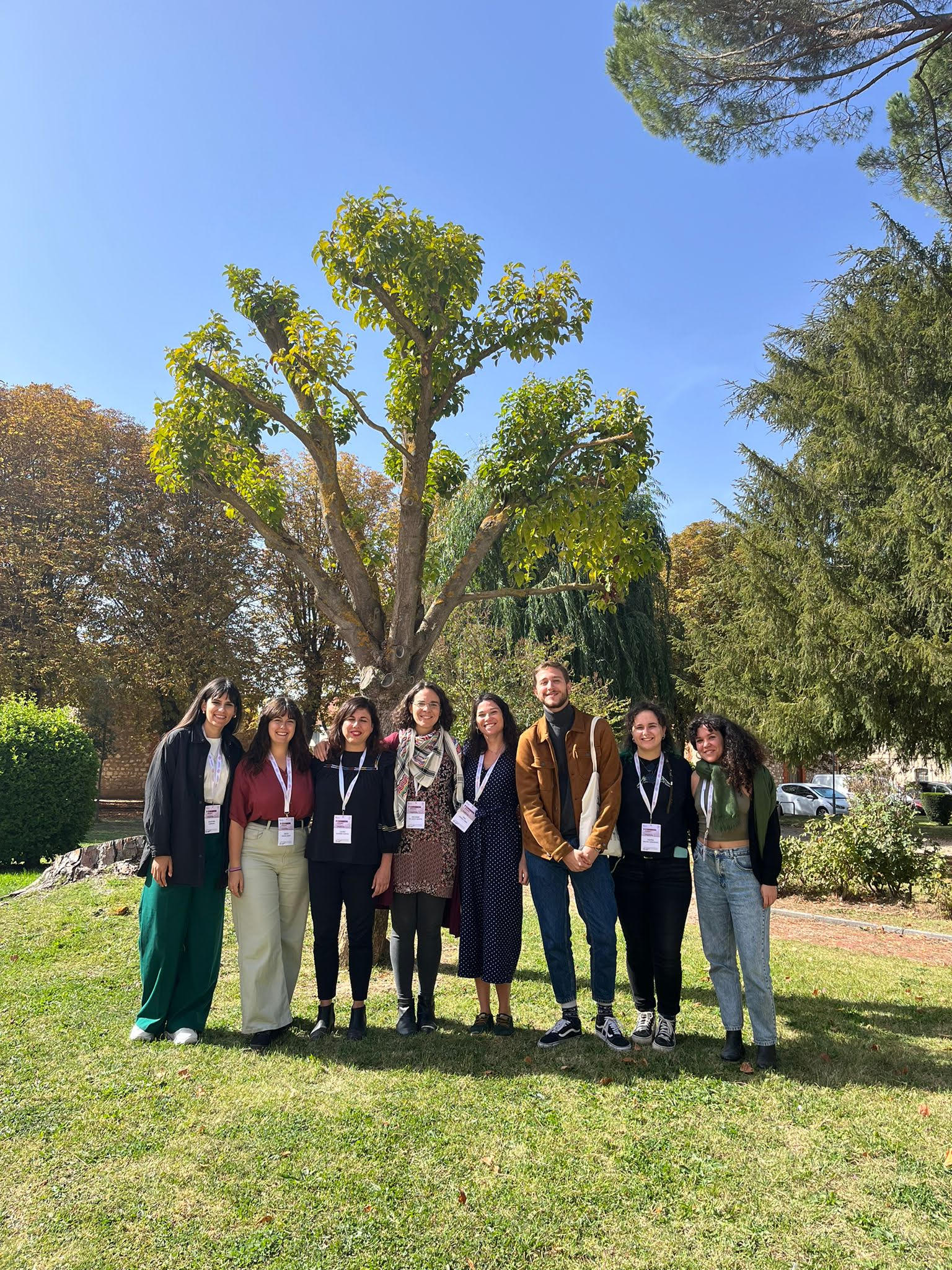
The main lines of research of our team focus on the study of intergroup processes of social change from the perspective of disadvantaged groups (eg, women, LGTBIQA+, migrants) and advantaged groups (men, heterosexuals, authoctonous) and the processes of cooperation between both as possible allies, depending on psychosocial variables such as group identity, motivations or perceived control.
Conceptual framework
When social identity or perceived control feels threatened, people may use different coping strategies to regain control. We are currently analyzing the processes of resistance and coping with threats to identity, focusing on the analysis of intergroup cooperation and alliance formation from the perspective of majority and minority groups.
The large number of threats to social identities (economic, social or symbolic, political, environmental) lead to the emergence of cooperation strategies between groups with the aim of achieving common goals. These alliances can be formed between disadvantaged groups as a way of increasing their collective agency, or between advantaged and disadvantaged groups who share common goals.
We focus on the main hypothesis that intergroup cooperation is an effective form of coping that can promote social change. Specifically, we analyze three different forms of intergroup cooperation (recategorization, coalition formation, and emergence of shared identities) with different consequences. The recategorization process occurs when social categories are altered and members of different groups perceive themselves as members of a more inclusive, superordinate group, rather than two separate groups.
On the other hand, in a coalition, the outgroup (others) is perceived instrumentally as a tool to increase the agency of the ingroup (own group), which leads to forms of cooperation towards common goals that do not imply a change in the level of identification or perception of identity categories. Finally, new identities can emerge with the aim of achieving social change through the perception of a common destiny or a collective consciousness in response to global socioeconomic threats such as poverty or xenophobia.
Video summary of the main results of our research
Projects
Research team
Publications
Kende, A., Nyúl, B., Hadarics, M., Carmona-López, C., Ciordaş, P., De Cristofaro, V., Gkinopoulos, T., Keleşoğlu, İ., Pántya, J., Poslon, X. D., Voca, S., & Lášticová, B. (2024). Addressing anti-Gypsyism with context-dependent psychological tools: Research review, meta-analysis and secondary analysis of prejudice against the Roma. European Review of Social Psychology, 1–47. https://doi.org/10.1080/10463283.2024.2362123
del Fresno-Díaz, Á., de Lemus, S., & Willis, G. B. (2024). “We are the 99%”: Exploring the impact of politicized wealth-based identity on the established middle-class. Self and Identity, 1–28. https://doi.org/10.1080/15298868.2024.2344252
Bukowski, M., de Lemus, S., Potoczek, A., Sankaran, S., Petkanopoulou, K., Montañés Muro, M. P., … Tausch, N. (2024). United as one? Personal and social identity threats differentially predict cooperation and prejudice toward minorities. Self and Identity, 1–32. https://doi.org/10.1080/15298868.2024.2336939
